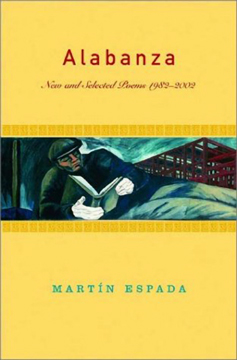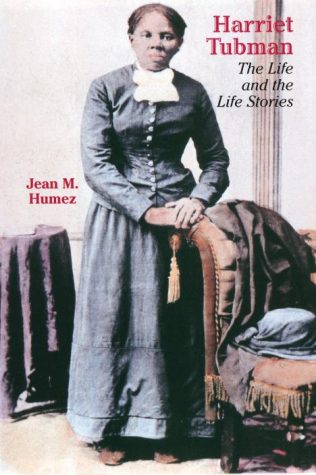Praise for Alabanza

October 17, 2003
On October 7, Latino poet Martin Espada, on behalf of the Joiner Center, arrived to introduce UMass Boston students to Alabanza, his new book of poetry whose title means “praise” in Spanish. With roots stretching to Puerto Rico, this New York-born bard weaves humor into both the thematically sorrowful and sometimes silly pieces he churns out.
In the reading, he covered several topics from lovable cockroaches to Anglo-owned Mexican restaurants.
In his “Street of Miracles” he relates it to the end of the war intoning “the dead come home” as he explores the attempt of the Spanish to stamp out the music and religion of kidnapped African slaves. While in Ireland, he heard about the death of Tito Puente the “mambo king” and wrote his poem “Now the Dead Will Dance the Mambo,” talking about intertwining parallels between Ireland’s 1916 Easter Uprising and the 1937 Ponce Massacre in Puerto Rico.
“My Cockroach Lover” is a amusing and graphic description of armies of insects streaming from a friend’s stereo, finding equivalent creatures at the Republican National Convention and the Indiana 500. Espada tells an anecdote of a listener who commented on the sadness of the poem. He commiserated with her on the difficulties of “those human-insect relationships.”
On a slightly lighter note, he rails against the “Mexican restaurants owned by Anglo chains” noticing that they will “only find Latinos in the kitchen.” Espada, in a candid aside, described how the management had confined his dreadlocked cousin to be hidden. “We used to call that Jim Crow,” Espada quips. In a poem dedicated to Ted Williams, “The Fugitive Poets of Fenway Park,” he claims that Chilean and fellow poet Pablo Neruda is hiding in Fenway Park from the secret police until he stands up and runs out when they spot him during a game.
Espada’s poems take a multitude of different shapes. “The curse poem is the second most useful form. The first [most useful] form is an apology,” before he rains down with “May a Zapatista squad liberate your refrigerator” in his rant against the faux Mexican eateries.
Espada addresses the subject of racism by bringing up a Thanksgiving dinner with his in-laws in Connecticut in the appropriately named “Thanksgiving.” Hartford, the capital, has one of the highest populations of Puerto Ricans of any U.S. city. His father-in-law, a builder of sorts, drags him out into the backyard so they can set off a cannon and knock down tombstones.
A former lawyer, he has written several pieces describing his visits to prisons in a non-legal capacity. “The penal system is a repository of wasted talent. [Readings] turn into open readings then revival. There are a higher percentage of poets in prison than academia. Good poets, at least.” With “The Poet in the Box,” he tells the story of a prisoner who started fights and caused trouble so he could be put into solitary confinement where he had only the scratching of his own pen to listen to.
Somehow, between one-liners and readings, Espada manages to create a coherent, serious framework that makes a point using humor and tongue-in-cheek commentary on subjects like racism and poverty. His style of reading is two parts poetry and one part laughter at the human condition.






















































